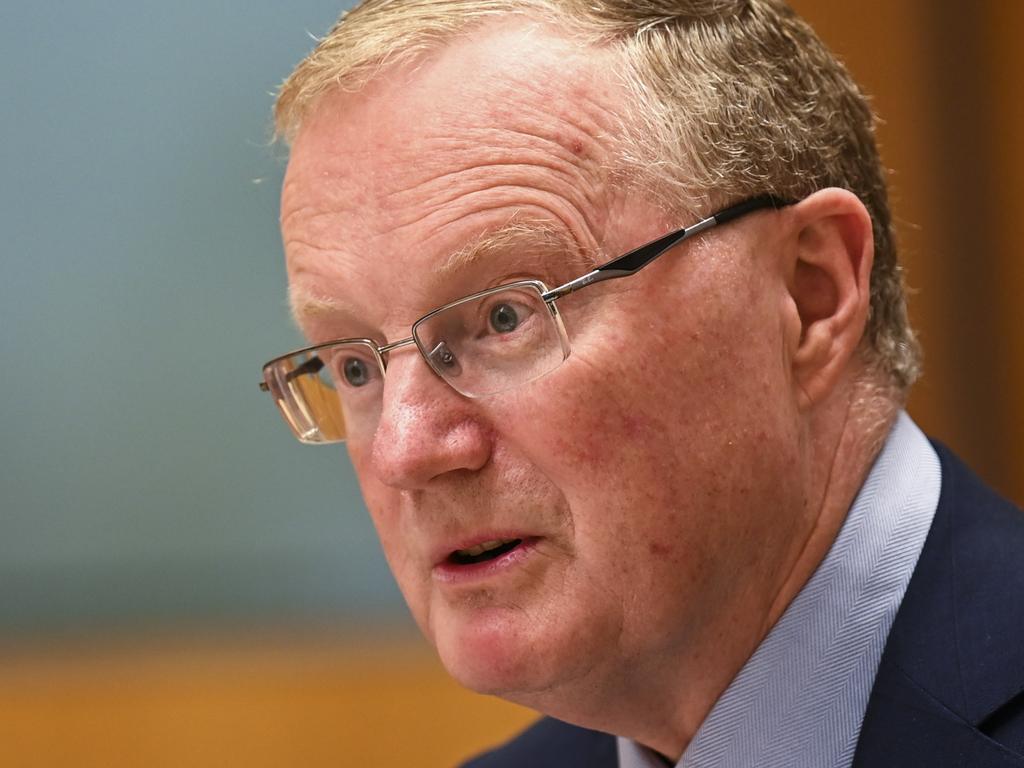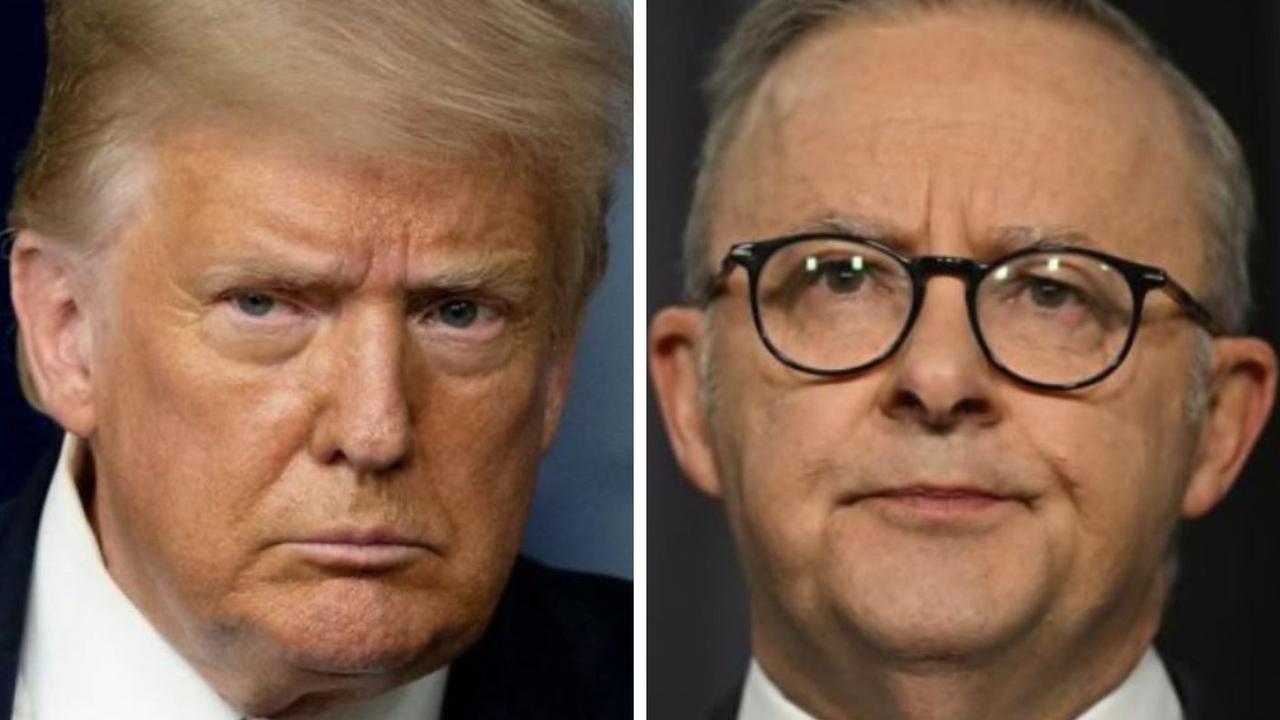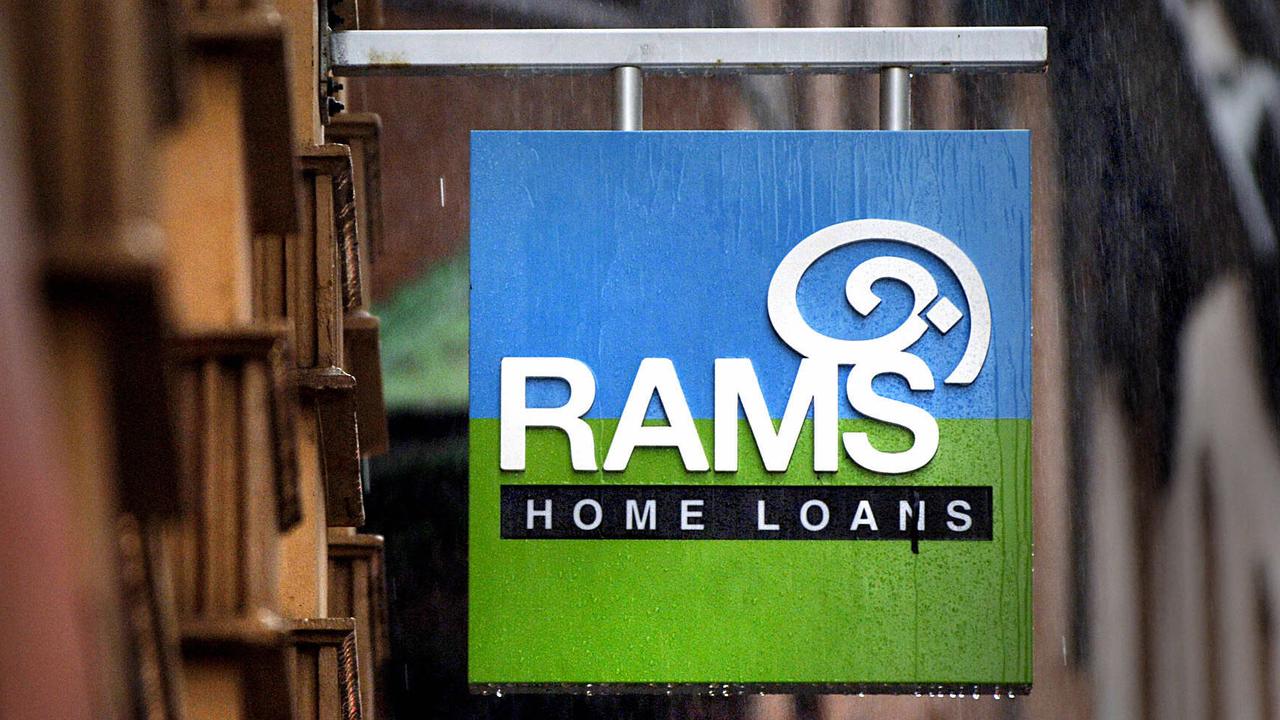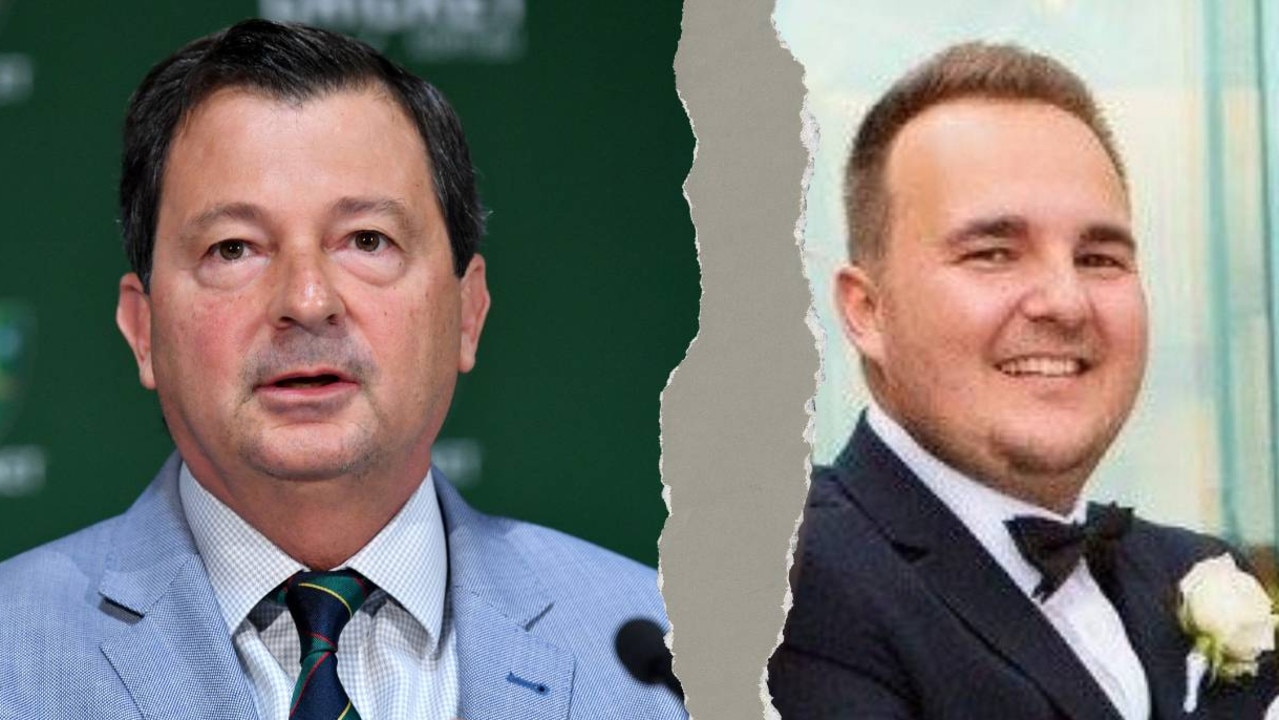Reserve Bank governor Philip Lowe signals changes afoot at the central bank early 2024
With uncertainty hanging over his own future, governor Philip Lowe has signalled big changes are afoot at the central bank.
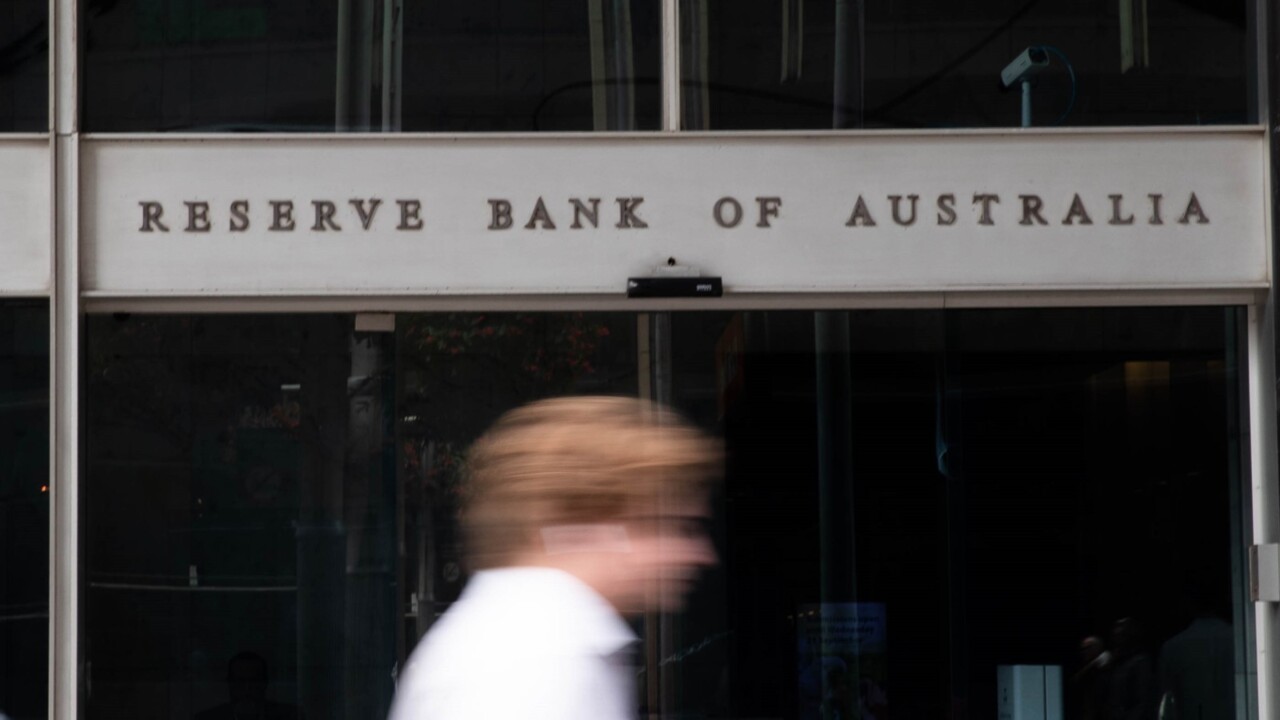
Business
Don't miss out on the headlines from Business. Followed categories will be added to My News.
Reserve Bank governor Philip Lowe has signalled that changes are afoot at the central bank as it moves to implement the recommendations of an independent review released earlier this year.
With uncertainty hanging over his own future, he used a speech to the Economic Society in Brisbane on Wednesday to announce that the RBA would be going ahead early next year to implement some of the recommendations of the review, including having the board meet less frequently, taking longer to deliberate on interest-rate settings and having a press conference after every meeting.
Lowe said the RBA was moving ahead with other recommendations including the appointment of a chief operating officer, cultural change which would allow more open debate within the bank and the establishment of a separate Communications Department.
But he said one of the review’s most controversial recommendations – having a new advisory group on interest rates – would await legislative changes by parliament.
Lowe’s speech made it clear that the RBA would be going ahead with the recommendations of the review.
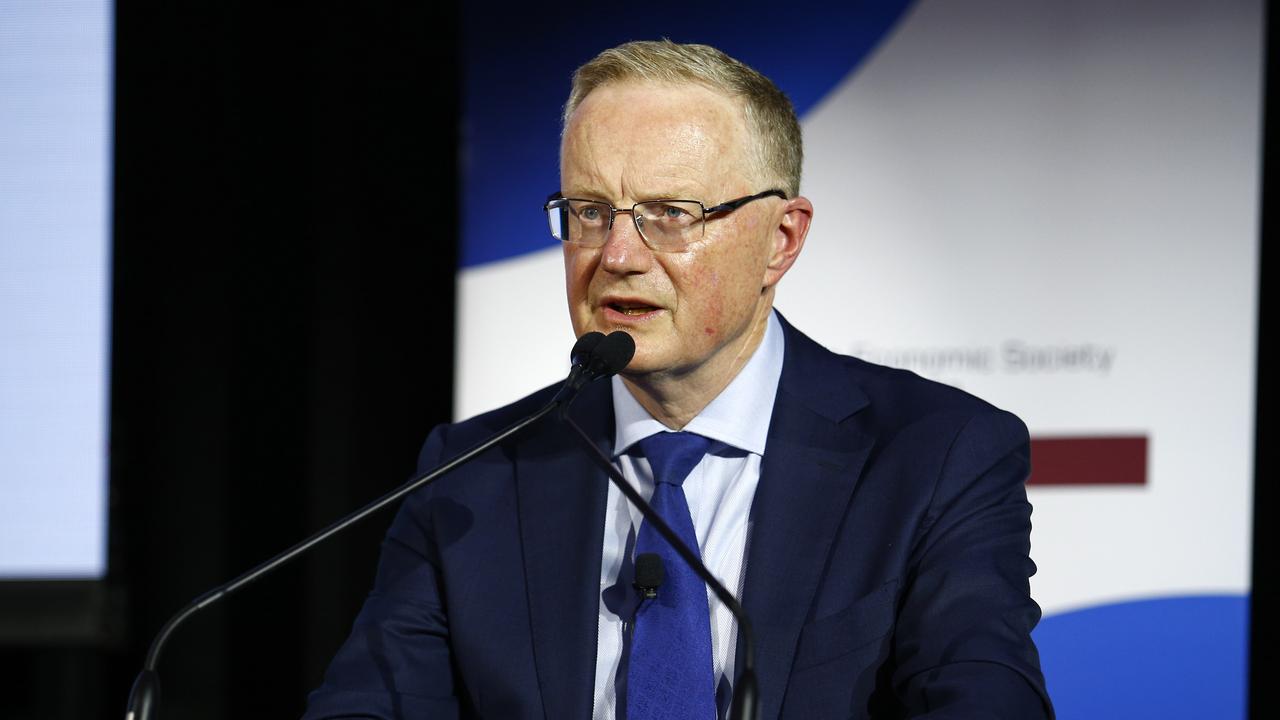
Former RBA governor Ian Macfarlane has criticised many of the recommendations of the report, which he described as “unhelpful and not supported by empirical evidence”, particularly the proposed establishment of the separate committee of economists to handle monetary policy decisions.
He also warned that the report’s proposed changes to the inflation targeting framework would give “too much emphasis to fine-tuning and result in increasing volatility in interest rates” and questioned the value of moves to increase the degree of information and public comments coming from the Bank.
Federal Treasurer Jim Chalmers on Wednesday made it clear that he fully intends to implement the report, vowing to “appoint someone (as governor) who has the necessary experience and expertise, who can help bed down the recommendations of that really important Reserve Bank review.”
“Our interest here is in ensuring we get the best possible central bank to take the country forward at a really uncertain time for the global economy in particular, at a time [when] people are under the pump,” he said.
Chambers’ use of the word “appoint” indicated he had no plans to extend Lowe’s term, which has been done for his two predecessors who both stayed on for another three years beyond their initial seven, despite Lowe’s public statements that he would be happy to stay on if asked.
But with uncertainty increasing in the markets about the future of the top ranks of the central bank, and how the radical changes proposed in the report will work, Chalmers needs to handle the issue of the RBA governorship carefully.
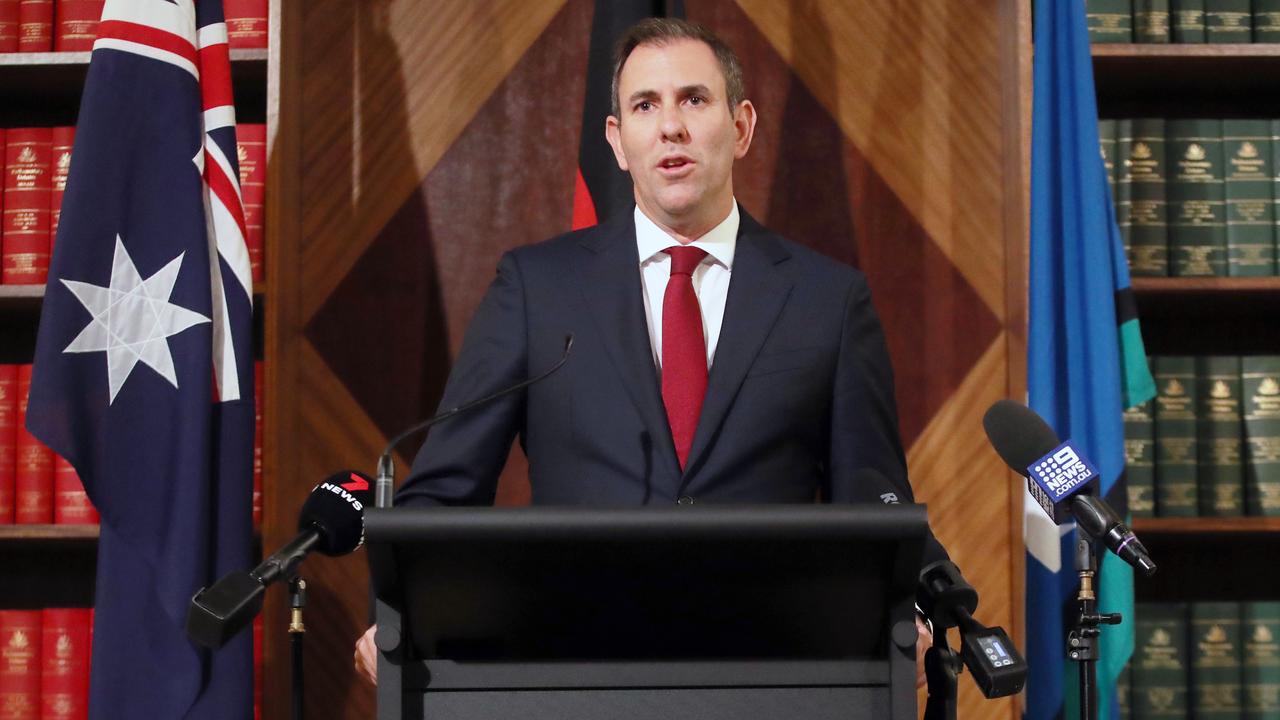
With Lowe’s seven-year term due to expire on September 17, and not expected to be extended, the selection of the candidate will be critical to the long term credibility of the Bank.
The RBA’s standing has been shaken by the constant personal and cheap attacks on Lowe, who as ANZ chief executive Shayne Elliott rightly said this week has just been doing his job overseeing monetary policy at a time of inflation.
No one likes rising interest rates, and Lowe has become a convenient scapegoat for the political pain of taking similar action to central banks around the world in their response to inflationary pressures which emerged in a post-Covid-19 world.
It is important for Australia’s long term policymaking credibility that the RBA be seen as independent and that any monetary policy tightening, if it is deemed to be necessary, can be carried out as the central bank sees fit.
One can have critical views on whether the RBA should have raised rates earlier last year in response to emerging inflationary pressures and the comments which Lowe – or more correctly the entire RBA board made in 2021 about interest rates not going up until 2024, and the extent of its quantitative easing during Covid-19. But there does seem an element of politicians being happy to stand back and let him bear the brunt of popular attacks over rising interest rates.
As some commentators have been saying recently, who would actually want the job of RBA governor in the current hyper populist world?
The RBA only has limited powers, mainly through interest rates and issues of fiscal policy, including government policies which could add to inflation-including the big shift away from coal and towards renewable energy, issues affecting national productivity and wages developments are well outside its remit (not to mention external inflationary factors such as wars).
The Reserve Bank Act allows the Treasurer of the day to appoint board members, as well as the governor and deputy governor.
So Chalmers is within his rights to appoint whoever he sees fit as the next governor, or even decide to extend Lowe’s term.
Appointing an outsider is a higher short term risk as it will take time for them to get into the role, which is far more complicated than just making decisions on interest rates.
At the moment there have been six names bandied around, an inside running of Treasury Secretary Steven Kennedy, who is a board member already by virtue of his current role, Finance Department Secretary Jenny Wilkinson, who worked at the RBA early on in her career, and the leading internal candidate Michele Bullock, who was elevated to the role of deputy governor with the departure of Guy Debelle last year to join the Fortescue empire.
While some say that Bullock may not have the strong economic background as Luci Ellis, who this week announced her departure from the RBA to join Westpac, it was a sign of the broader confidence of her long experience that she was the one to be elevated to the role of deputy from among the ranks of five assistant governors (three of whom are now women).
Outsiders mentioned include Debelle (who now seems happily ensconced in the private sector), former Treasury head and head of the Department of Prime Minister and Cabinet, Martin Parkinson (who retired from the public service in 2019) and chief statistician David Gruen (who incidentally is also Wilkinson’s husband).
The issue for both Kennedy and Wilkinson is whether they would even want to make the move from Canberra, where they both have strong roots and could argue they are already at the top of their game.
And even if there was an attraction in a move, would they actually want the RBA job, a seven-year stint in a role subject to immense public scrutiny.
Liberal Senator Andrew Bragg, no friend of the Albanese government, warned on Wednesday that the uncertainty over Lowe’s future was damaging the RBA’s ability to restrain inflation.
“A governor has not been removed during a tightening cycle,” he said.
“This prospect and the related uncertainty is bad for the economy, which is battling under persistently high inflation,” he said.
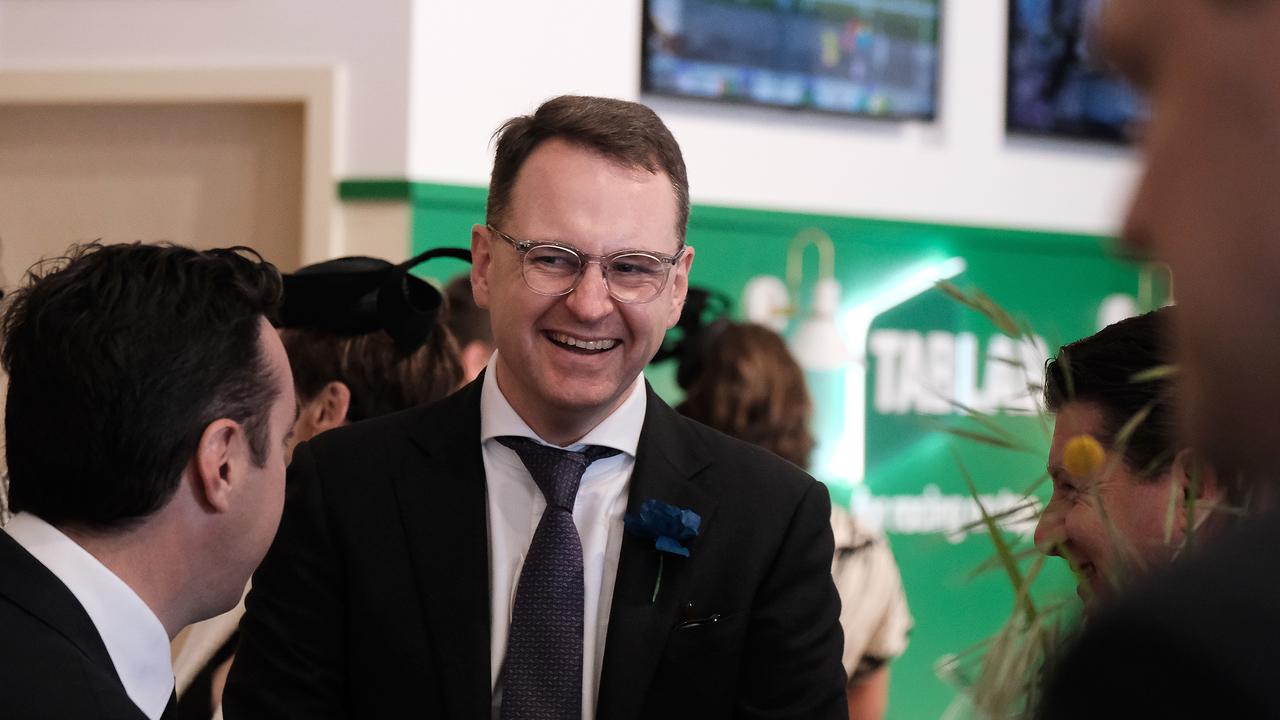
While Lowe is not being removed from his job, Bragg argued that the government’s refusal to extend his term risked permanently damaging the independence of the bank, with future governors always looking over their shoulder.
“Risking the independence of the institutional framework risks locking in high inflation and an economic slowdown,” he warned.
Bragg has always had a strong point of view and his criticisms need to be put in their political context – but there are many changes afoot at the top of the central bank which will see more uncertainty before they are bedded down.
Care must be taken for Chalmers not to be seen to be interfering in the central bank with a prolonged period of uncertainty on how the new look central bank will operate.
More Coverage
Originally published as Reserve Bank governor Philip Lowe signals changes afoot at the central bank early 2024



